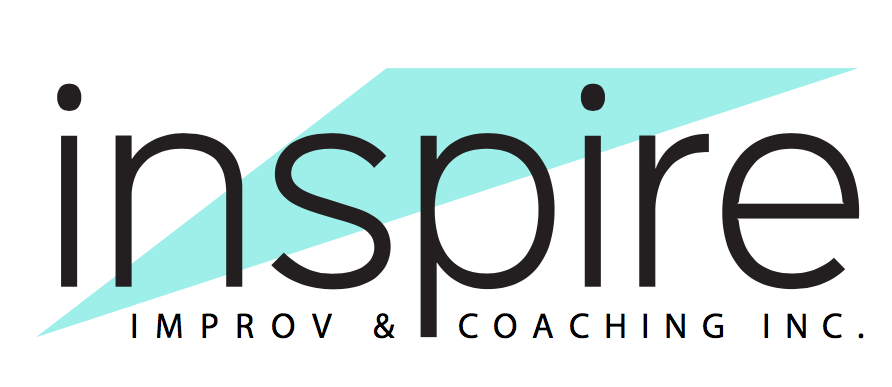How the Improv-Savvy Leader Improves Performance, Engagement and Creativity
The self-determination theory states that we have three psychological needs, autonomy, competence and relatedness, which greatly impact personal performance, engagement and creativity, all things a leader needs from their people in order to run a successful organization. By simply following the two primary rules of improv, leaders can begin to fulfill these three needs, improving productivity, retention and innovation.
First, let’s quickly review these primary principles:
1. We always say, “Yes, and.” This means that, no matter how badly we want to immediately shut down, or say “no” to an idea that is uncomfortable, or just too outside of the box for our liking, we take a moment, actively listen to the whole idea and first look at how it could work, vs. how it won’t work. It doesn’t mean that we literally say “yes” to every idea, it does mean that we let the other person know they’ve been heard and that their idea (and in essence they, themselves) are valued.
2. We agree to “Make each other look good.” This means that we think first of the other people on our team, always looking for ways to support and use the skills and talents of those around us, instead of only worrying about how we look. We understand that if we all strive to make each other look good, we all end up looking incredible.
Back to our three psychological needs:
Autonomy: People need to have the opportunity to be self-directed. When we say, “yes, and,” we create an environment where people can innovate, and explore ideas and ways of working that work for them. We show that we hired them for the skills and talents that they have, and that we are going to allow them to use those skills and talents!
Competence: People need to be able to do good work, see their work come to fruition and to see its impact on their clients or organization. When we strive to “Make each other look good,” we are intentionally looking for ways to allow or people to shine. We look for opportunities for them to do great work and we allow them to see that work through, trusting that they are capable of doing so, and providing support and training when needed.
Relatedness: People need to experience meaningful relationships and meaningful relationships are built on trust. When we actively listen, when we lean toward yes vs. no, we create trusting relationships with our people. They know they can come to us with an idea and we won’t immediately discount it and them. When we look for ways to allow them to do great work, they know they can trust us to have their best interest at heart. By modeling this as leaders, we allow for our people to follow suit, building their own meaningful relationships across teams and functions.
Actively listen, say “Yes, and”, “Make each other look good” and watch as your people flourish, innovate and stay with you and your organization.
If you’d like to learn more about using the principles of improvisation for the benefit of your company culture, click on the link below to set up a time to explore!
